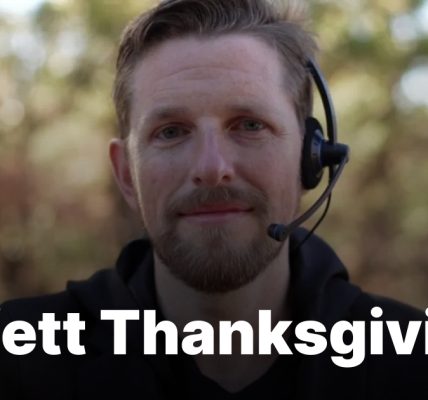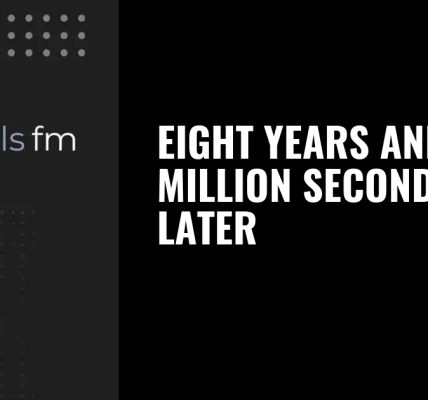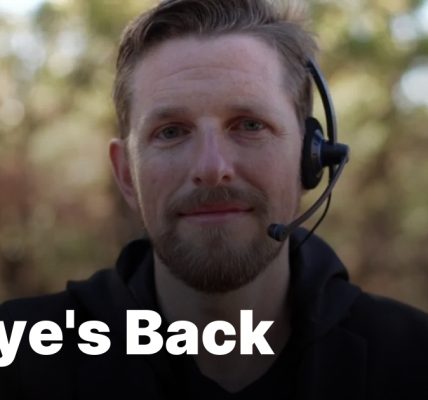Ravensburger pushes for Upper Deck to pay $3.8m legal fees it racked up defeating ‘groundless but unrelenting’ Disney Lorcana lawsuit
Ravensburger is demanding Upper Deck pays the $3.8m in legal fees it ran up in its successful two-year legal battle against the latter’s claims it stole the design for its hugely successful Disney Lorcana TCG.
Upper Deck began its lawsuit against Ravensburger and Lorcana lead designer Ryan Miller more than two years ago, alleging the designer took his work on Upper Deck’s previously unannounced game Rush of Ikorr with him when he left the company in 2020 – and transported it to his new employer Ravensburger to create Lorcana.
Filings made by Upper Deck last September said Lorcana had “remarkable, uncanny similarities” to Rush of Ikorr, and the company claimed Miller was “aided and encouraged” by Ravensburger in stealing the designs.
But last month a US federal judge ruled in favour of Ravensburger in all of Upper Deck’s claims against it – which included allegations of copyright infringement, fraudulent misrepresentation and concealment, and unfair competition.
That was followed a month later by Upper Deck settling a separate breach of contract claim against Miller, with a court awarding a $39,000 settlement to Upper Deck to cover its court costs, expenses and legal fees.
Ravensburger has now filed a claim for more than $3.8m it spent on legal fees defending the case – which included a total of over 5,000 hours put in by nine lawyers.
The court filing said, “A complete defence verdict on an objectively meritless case warrants a full fee award.
“Upper Deck’s case was frivolous in conception, objectively unreasonable in prosecution and pursued in a manner that multiplied costs while consuming vast judicial resources.”
The claim notes that Upper Deck’s legal expert Roberto Cavazos had calculated the case was worth $240m in copyright damages – a figure Ravensburger’s lawyers described as a “staggering sum” which it said “inexplicably” included profits from Ravensburger’s German parent company.
Ravensburger’s claim describes Upper Deck’s litigation tactics as “extremely costly”, with the trading card company having alleged copyright infringement on 43 separate game elements which included mechanisms such as “taking alternating turns”.
Lawyers for Ravensburger said in the claim that despite the copyright case being “meritless from the start” – given previous legal rulings that game mechanics cannot be copyrighted – fighting the case had necessitated the exchange of about 7,000 documents, as well as the lengthy process of quizzing almost every witness on all 43 game mechanisms.
It added that Upper Deck had made use of 12 attorney from five different law firms – eight of those partners – underscoring that the case was “hard fought”.
ICv2 reported at the end of October that Upper Deck plans to continue its lawsuit against Ravensburger in Europe after the failure of the US litigation, having filed a suit in the Netherlands.
It cited Upper Deck president Jason Masherah as saying, “We maintain confidence in the evidence including the recent judgment of liability for breach of contract, violating obligations with Upper Deck to protect the intellectual property related to Rush of Ikorr.
“We intend to use the judgment as part of our lawsuit against Ravensburger in Europe, where the law forbids profiting from another’s breach of contract.”
Upper Deck filed its initial lawsuit in June 2023, two months before the high-profile release of Lorcana at Gen Con – which saw huge queues to pick up copies of the game, with some fans waiting in line overnight in order to pick up the game’s first releases.
The game’s ninth expansion, Whispers in the Well, has just been released to local games stores, with expansion ten, Winterspell, slated for a Q1 2026 release.
Upper Deck released Rush of Ikorr in June of this year.
The post Ravensburger pushes for Upper Deck to pay $3.8m legal fees it racked up defeating ‘groundless but unrelenting’ Disney Lorcana lawsuit first appeared on .





